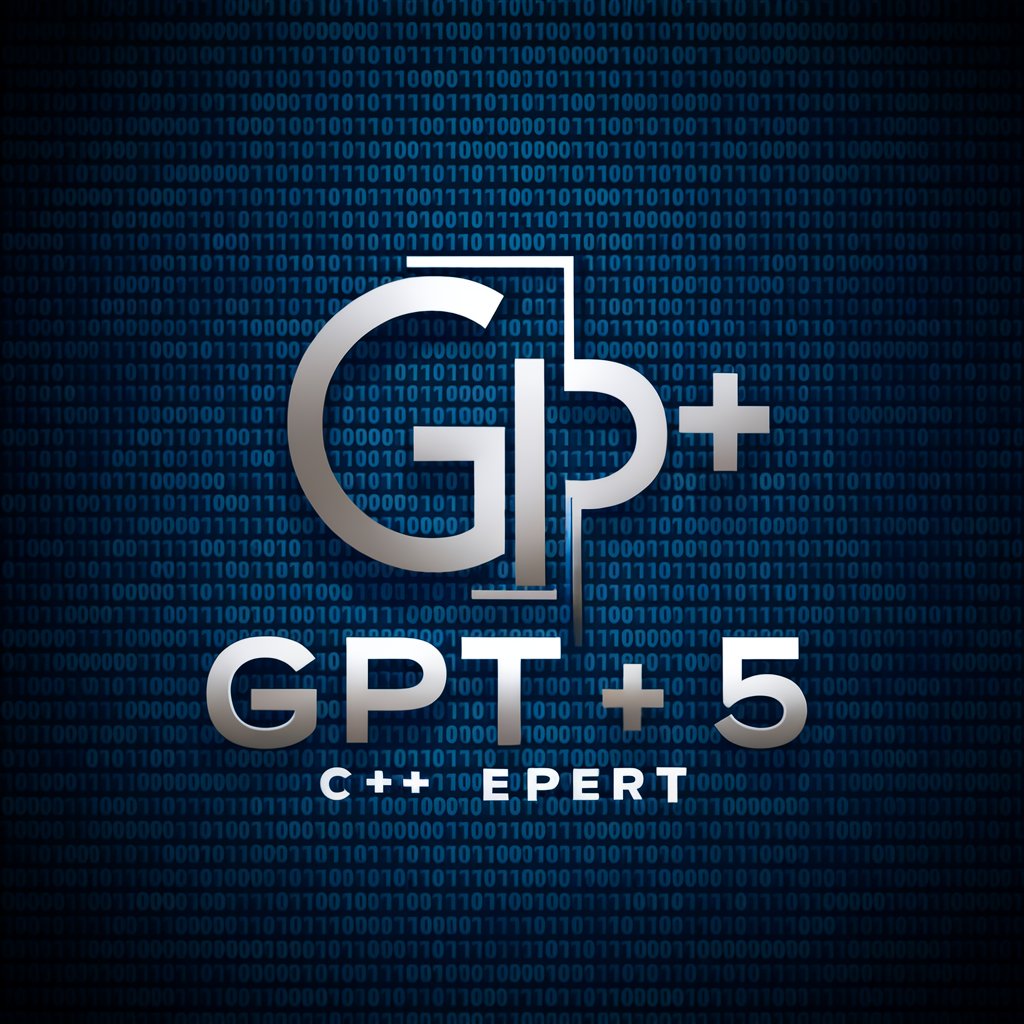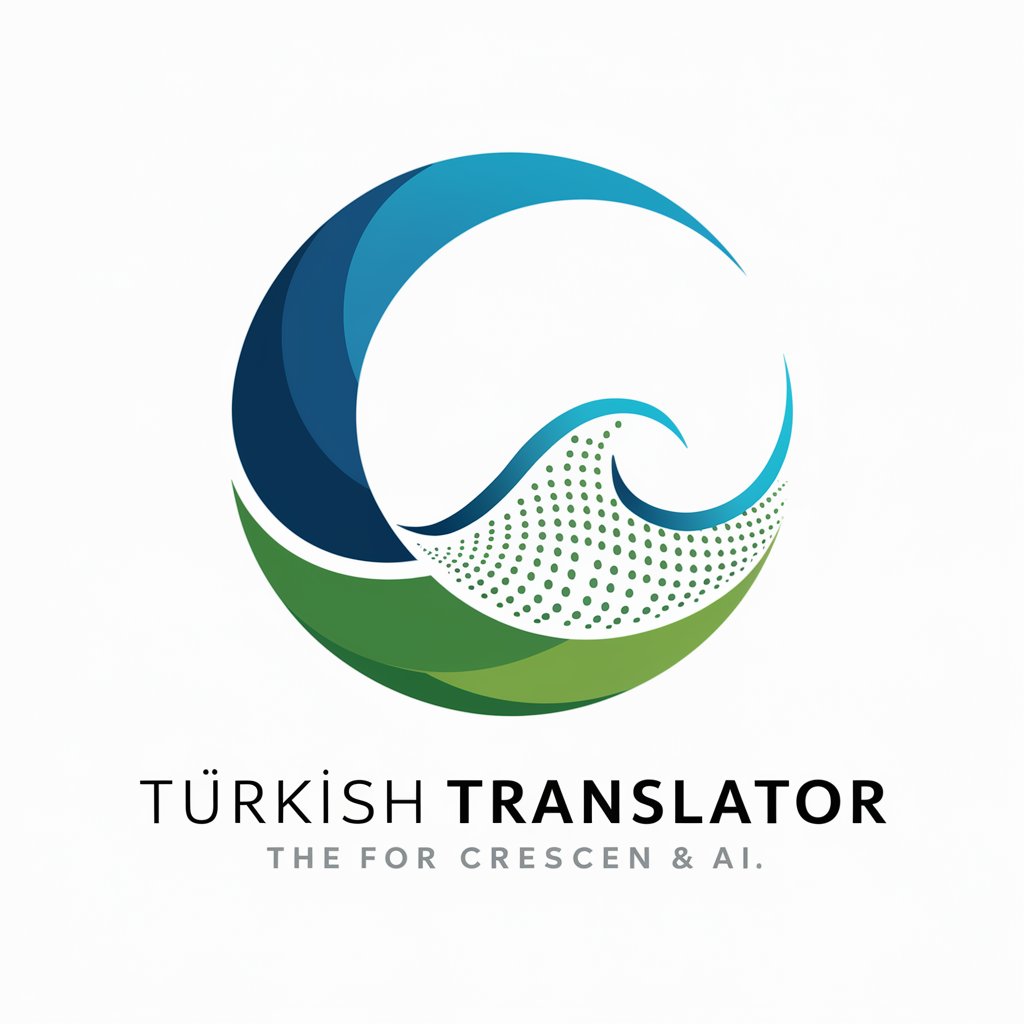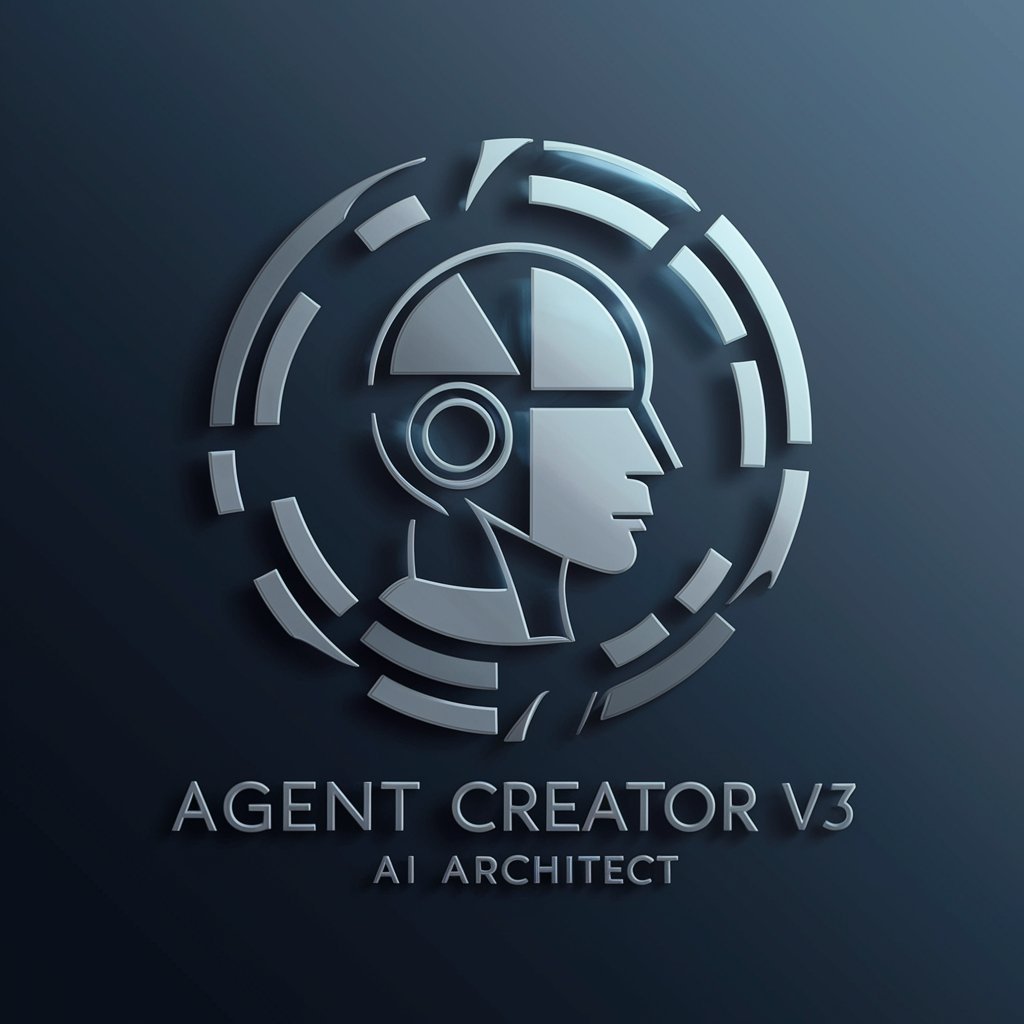C++ - Powerful C++ Code Solutions

Hello! I'm here to help with all your C++ programming needs.
Elevate Code with AI-Powered C++ Expertise
Explain how to...
What is the best way to implement...
Can you provide a detailed example of...
How can I optimize my C++ code for...
Get Embed Code
Overview of C++
C++ is a middle-level programming language developed by Bjarne Stroustrup starting in 1979 at Bell Labs. C++ runs on a variety of platforms, such as Windows, Mac OS, and the various versions of UNIX. This language is considered a middle-level language because it encapsulates both high- and low-level language features. Initially, it was called 'C with classes' as it had all properties of the C language with an additional concept of 'classes'. However, it was renamed C++ in 1983. It is a statically typed, free-form, multi-paradigm, compiled, general-purpose language widely used for competitive programming as well as development of operating systems, games, web browsers, and so forth because of its performance and efficiency. For example, C++ allows for dynamic memory allocation, which facilitates the creation of complex data structures such as linked lists and dynamic arrays. The language's support for low-level manipulation enables the efficient handling of resources, which is crucial in systems programming. Powered by ChatGPT-4o。

Core Functions of C++
Memory Management
Example
C++ provides explicit control over memory management through new and delete operators.
Scenario
In game development, efficient memory management is crucial to handle resource allocation dynamically, enhancing performance and reducing latency.
Object-Oriented Programming
Example
Supports classes, inheritance, polymorphism, encapsulation, and abstraction.
Scenario
Software engineering applications often involve reusing code for similar objects, reducing errors and increasing maintainability, which is facilitated by C++'s OOP features.
Template Programming
Example
Templates in C++ allow for generic programming by creating a function or class to work with any data type.
Scenario
Templates are extensively used in developing libraries where functions like sorting, searching need to operate on generic types, thus enhancing code reusability and flexibility.
Standard Template Library (STL)
Example
STL provides ready-to-use libraries of containers, algorithms, and iterators.
Scenario
In financial engineering, algorithms from STL can be utilized for data analysis and numerical operations, enabling quick development of complex financial models.
Concurrency Support
Example
C++11 and later provide extensive support for multi-threading.
Scenario
Real-time systems such as traffic management and network servers use C++ concurrency features to manage multiple user requests simultaneously.
Target Users of C++
System Programmers
These users benefit from C++ due to its efficient handling of system resources and support for low-level programming necessary for developing operating systems, file systems, etc.
Game Developers
Game developers choose C++ for its performance-critical nature and the detailed control over system resources it offers, crucial in game programming where response time and processing speed are essential.
Enterprise Software Developers
For large-scale applications that require robustness, performance, and scalability, such as databases, middleware, etc., C++ is highly favored among enterprise software developers.
Academic Researchers
Researchers in areas of computer science, physics, chemistry, and more utilize C++ to perform resource-intensive simulations and to develop complex computational models.
Competitive Programmers
Due to its fast execution time and vast library support, especially STL, C++ is preferred among competitive programmers.

How to Use C++
Start Free
Begin by accessing yeschat.ai for a hassle-free trial, without the need to log in or subscribe to ChatGPT Plus.
Install Compiler
Download and install a C++ compiler like GCC or Clang. For Windows, you can use MinGW or Visual Studio's compiler.
Choose an IDE
Select an Integrated Development Environment (IDE) such as Visual Studio, Eclipse, or Code::Blocks, which provides tools and facilities for software development.
Learn Syntax and Basics
Familiarize yourself with the syntax of C++ and basic concepts like variables, data types, control structures, and functions.
Practice Coding
Start coding by working on small projects or exercises. Utilize online resources and communities to get help and feedback.
Try other advanced and practical GPTs
EDN GPT
Empower Your Medical Studies with AI

写真講評GPT
Empowering your photography with AI

Auto Translator Spanish-English
AI-powered Spanish-English translation tool.

Turkish Translator
Transcend Language Barriers with AI

Créateur de Diapos
Craft Stunning Presentations Effortlessly

PolizeitextGPT
Streamlining Police Reports with AI

Three Experts 💬💬💬
Harnessing AI to Combine Expert Insights

Agent Creator V3
Craft Your AI, Power Your Goals

Power BI Guy
Empowering insights with AI-driven guidance

Fiscalius By Fiscalité Ivoirienne
Empowering Tax Management with AI

Traductor a Ingles
Translate Instantly with AI Power

Consulting Wizard
Empowering Decisions with AI Insight

In-depth Q&A about C++
What are the fundamental data types in C++?
C++ provides several fundamental data types including integers, floating-point numbers, characters, and booleans. These serve as the building blocks for constructing more complex data structures.
How do C++ pointers differ from references?
Pointers can be reassigned to point to different memory locations, while references once set cannot be changed to refer to another object. References are generally safer and easier to use in C++.
What is the use of the 'virtual' keyword in C++?
The 'virtual' keyword is used to indicate that a method is virtual and can be overridden in a derived class. It is a cornerstone of enabling polymorphism in C++.
How does exception handling work in C++?
C++ handles exceptions through the try, catch, and throw keywords. This provides a structured way to handle runtime errors, making the program more robust.
What is RAII and why is it important in C++?
RAII (Resource Acquisition Is Initialization) is a programming idiom used in C++ to manage resource allocation and deallocation through object lifetimes. This helps in avoiding resource leaks and ensures exception safety.
